What is Laser Hardening Equipment
Laser hardening equipment is a specialized machinery designed for the heat treatment of metal surfaces using laser energy. This form of surface hardening is widely utilized in various industries, including manufacturing plants, construction, and even in homes for do-it-yourself metal work. The process involves the use of a high-energy laser beam to heat and alter the properties of metal, thereby enhancing its strength, wear resistance, and fatigue life.
The equipment is tailored for professionals who require precise and controlled hardening of metal parts. This includes industries such as automotive, aerospace, tooling, and construction, where the durability and reliability of metal components are paramount. The principle behind laser hardening is the concentration of energy from a laser beam onto a specific area of a metal workpiece. The intense heat generated by the laser melts the surface of the metal, allowing it to be hardened. By controlling the energy input and the cooling process, the laser beam creates a hardened layer that can range from a few micrometers to several millimeters thick.
The benefits of laser hardening are numerous. It provides a high level of precision and repeatability, which is essential for achieving the desired hardness and strength of the metal. Furthermore, it is a clean process that can be easily automated in industrial settings. Other advantages include minimal distortion or warping compared to traditional heat treatment methods and the ability to harden complex geometries that may be difficult to treat with conventional techniques.
Types of Laser Hardening Equipment
Several types of laser hardening equipment cater to specific needs within various industries:
-
Fiber Laser: These are solid-state lasers that use an optical fiber doped with rare earth elements as the lasing medium. Fiber lasers are known for their high beam quality, making them suitable for precise applications such as cutting and engraving. Due to their compact size and maintenance-free operation, fiber lasers are widely used in manufacturing plants and machinery repair shops.
-
Diode Laser: Diode lasers are semiconductor lasers that are often employed in lower-power laser hardening equipment. They are commonly used for surface hardening of metal components and can be found in various industries including construction and automotive where localized heat treatment is necessary.
-
YAG Laser: YAG or solid-state lasers use a crystal rod with a neodymium-doped yttrium aluminum garnet (Nd:YAG) as the active medium. These lasers are typically used for deep penetration hardening of metals and are suitable for applications requiring rigorous material testing or for specialized production tasks.
-
CO2 Laser: While not as commonly used for hardening, CO2 lasers can be utilized on certain materials in specialized applications. These lasers are often found in garment shops and printing shops for engraving or cutting tasks.
-
Portable Laser: For on-site jobs or for use in environments where equipment mobility is beneficial, portable laser hardening units offer convenience without sacrificing performance. They can be used in places like construction sites or for quick tool adjustments in workshops.
How to choose Laser Hardening Equipment
Selecting the right laser hardening equipment is crucial for ensuring that your treated components meet quality standards. Here are some considerations for businesses looking into this type of industrial laser technology:
- Material Compatibility: The specific type of metal or alloy that you need to harden should guide your choice. For instance, if you're dealing with tool steel or high-speed steel (HSS), you might require a fiber laser system due to its ability to treat complex shapes accurately.
- Power and Speed: Higher power lasers can deliver more energy in a shorter amount of time which may be necessary for large-scale manufacturing plants with high-volume throughput.
- Automation: Consider how much automation you need in your process. Fully automated systems with robotic arms can significantly increase productivity but may come with a higher initial investment.
- Environment: The working environment can impact your choice; for example, if you're setting up in a manufacturing plant with strict cleanliness requirements, you'll need a system that minimizes contamination risk.
- After-Sales Service: Look for suppliers who provide comprehensive after-sales support including installation, training, and maintenance services to ensure continuous operation.
By aligning your choice with these factors, you can optimize your laser hardening process for your business's specific needs.
About Laser Hardening Equipment on Alibaba.com
Alibaba.com stands out as a global marketplace that connects businesses with a comprehensive range of industrial equipment suppliers offering laser hardening machines suitable for various applications. With Alibaba.com's vast selection from numerous suppliers around the world, businesses can find the perfect match for their specific needs without compromising on quality or dependability. Whether you operate in construction or automotive manufacturing or specialize in machinery repair, Alibaba's platform facilitates access to state-of-the-art laser hardening technology that can help your business stay competitive.
Engaging with Alibaba.com not only provides businesses with an array of choices but also ensures that they can make informed decisions by leveraging detailed product descriptions and supplier profiles. This platform's commitment to simplifying international trade is reflected in its user-friendly interface and services like Trade Assurance which help safeguard transactions until delivery is completed.
Choosing Alibaba.com means tapping into a wealth of resources designed to support businesses at every stage of their growth journey. With suppliers offering machinery that can be tailored to specific requirements and providing after-sales service solutions such as online support or video technical guidance, businesses can procure their laser hardening equipment with confidence and convenience.
Common FAQs for Laser Hardening Equipment
What is laser hardening equipment used for in industrial applications?
Laser hardening equipment is used to harden the surface of metal and other materials, making them more wear-resistant and durable. It is commonly applied in tooling, manufacturing, and machinery repair to increase the longevity of components.
How does laser hardening differ from traditional hardening methods?
Laser hardening is a more precise and controlled method that allows localized hardening of metal components without altering the core structure. Traditional hardening methods can lead to a broader change in material properties and are not suitable for all types of metals.
Can laser hardening be used on any type of metal?
No, laser hardening is most effective on ferrous metals and some non-ferrous metals. However, the specific type of laser and material should be chosen based on the metal's composition and desired outcome.
What should I consider when choosing the power range for a laser hardening equipment?
Consider the material being treated and the depth and speed of the hardening process. Higher power lasers are capable of deeper and faster hardening, which is suitable for thicker materials and complex geometries.
Are there laser hardening equipment that can handle large parts?
Yes, there are laser hardening equipment designed to accommodate large parts. These are typically equipped with a gantry system that can move along tracks to cover the entire part's surface.
How do I ensure the laser hardening equipment meets industry standards?
When purchasing laser hardening equipment, ensure that it complies with relevant industry standards and certifications. This information is often available from the supplier and can be verified through product specifications or test reports.
Can laser hardening equipment be integrated into existing production lines?
Many laser hardening equipment are designed to be easily integrated into existing production lines. It is important to check the specifications provided by the supplier and potentially consult with them to ensure seamless integration with your current operations.
What safety features should I look for in laser hardening equipment?
Look for safety features such as emergency stop buttons, overcurrent protection, and laser safety interlock systems that ensure safe operation and prevent unauthorized use.
Is it possible to customize a laser hardening equipment based on specific requirements?
Many suppliers offer customization options for laser hardening equipment based on specific industry needs or unusual requirements. These can include custom tooling, software adjustments, or unique system integrations.
How long does it typically take to harden a part using laser hardening equipment?
The processing time can vary depending on the material type, laser power settings, desired hardening depth, and part complexity. It is generally faster than traditional hardening methods but may require additional setup time for more complex tasks.
What types of materials can be treated using laser hardening equipment?
Laser hardening equipment is versatile and can be used to treat a variety of materials including different grades of steel, aluminum alloys, and some non-ferrous metals.

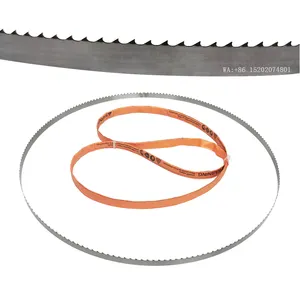
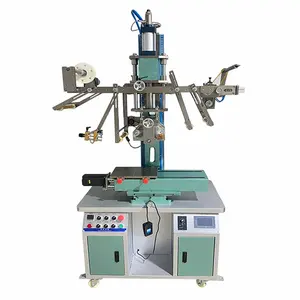

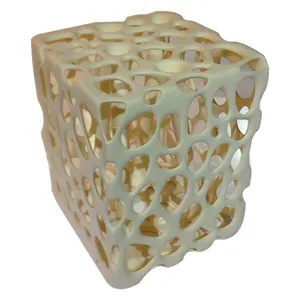
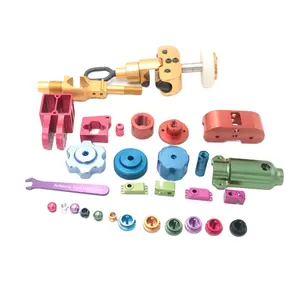





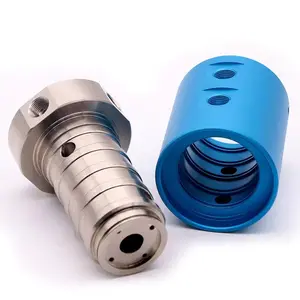

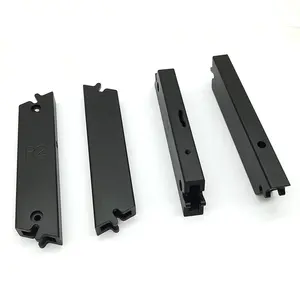







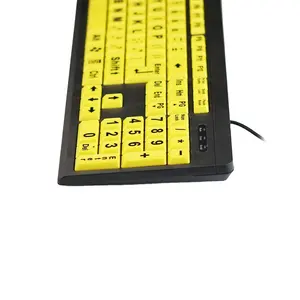
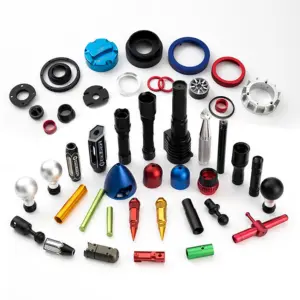


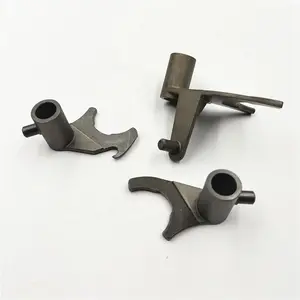





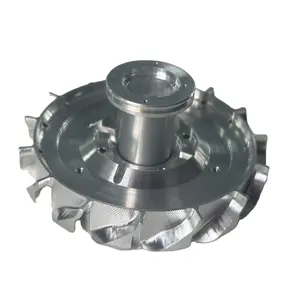



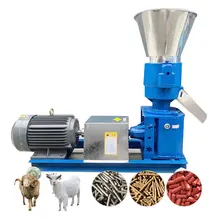

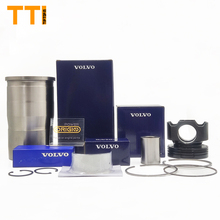
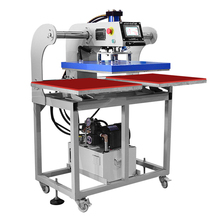
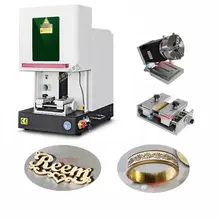

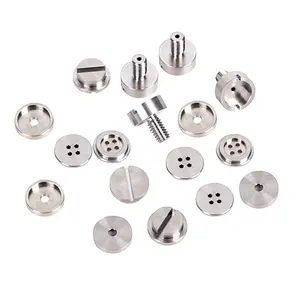

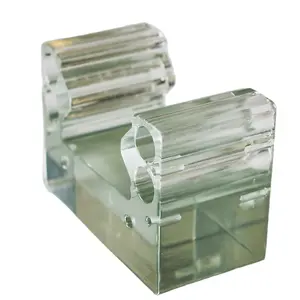
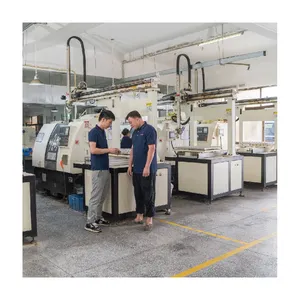
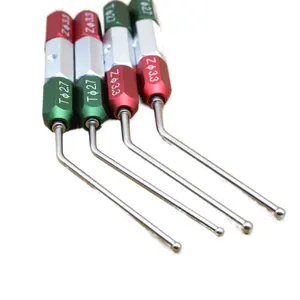


























 浙公网安备 33010002000092号
浙公网安备 33010002000092号 浙B2-20120091-4
浙B2-20120091-4